My Last Conversation with the Late, Great Larry Fink
I was happy for the chance to speak with my photographic idol. I had no idea it might have been his last interview.
Welcome to In the Flash, a weekly, behind-the-lens dialogue on photography. To join the conversation
This weekend, I learned with great sadness that photographer Larry Fink passed away. He was 82 years old. Just a few weeks ago, I interviewed Larry over the phone, intending to publish the conversation over the holidays. The interview was edited and ready to go, and I was looking forward to sending Larry the published article. Unfortunately, that was not meant to be.
I'm just a guy, you know, I mean, I have certain talents and reputation, but I'm just human. I'm like you are, we're just here, we're just passing through.
For the 1-year anniversary of In the Flash on Substack, I decided to expand the newsletter beyond my own work and spotlight photographers whose work I admire. To start, I wanted to pick an artist whose work had the most influence on my own process. Larry Fink was that photographer. As an MFA student trying to find my own voice, discovering Larry’s work was an epiphany. His razor-sharp social observations, amplified by the dramatic aesthetic of his flash, became a pivotal point in the direction my photography was heading.
I met Larry for the first time in 2011, at the opening of a photo contest that he judged. It was the first time my photo won an award, and the fact that he picked it out was the encouraging push my wobbly confidence needed at the time. I brought my copy of Social Graces for Larry to sign, we chatted about photography, and he played his harmonica. Since then, we stayed in touch on social media, where he would leave me poetic snippets under some of my images. Though I thanked Larry for being such an inspiration on several occasions, what I never told him is that I have looked through Social Graces before every major shoot for many years, hoping to energize myself with a jolt of inspiration. Every time I picked up on new details or gestures which, helped me navigate all kinds of social situations with my camera.
When I asked Larry if he would do an interview for my newsletter, I expected him to turn me down, but to my surprise, he happily agreed. I wanted to ask him personal questions instead of the more formal ones, like, did he ever have a creative burnout and how did he handle it? Right before the phone call, my nerves got the best of me, and I poured myself a shot of bourbon to keep it together. I was a few minutes late.
The interview has been edited for length and clarity.
DL: Sorry, I'm a little late.
LF: No, don't worry about it. Believe me, honey, time has no regards to me because I have no regards to it. I'm, I'm just, I'm just a retired soul, you know.
DL: Thank you so much for speaking to me today.
It's cool, man. I mean, I love your work. As much as I see stuff, I see you all over the place, which is great, it reminds me of my old days when I was out there on the street, you know, doing shit.
DL: Thank you, that means a lot. But lately I have felt like I’ve reached a dead end with photography. So, I decided to think in another form and started writing this newsletter.
LF: I know, I know what you're talking about. Working for folks is a dead end because they're, because they basically have dead end concerns, you know, and if you have to work for a living, which we did or I did, you do and what have you, you know, the commercial world is not the most exciting part of the Renaissance. Yeah.
DL: Exactly. Sometimes you forget what you came here to do. What about you? What have you been up to lately?
LF: I have a workshop coming up, but I don’t think it’s going to mature, not enough people subscribed to it. I used to do them a long time ago every, every month or two. And it got to be a big thing and people were coming out to the farm by the droves. I mean, it got to be, you know, the thing to do in New York for, for the community and then I retired from it because I didn't like being so hip. But I'd love to do some more workshops. I like helping people. So, I'm not teaching any longer, but I taught for 50 years.
DL: You seem to love teaching. That takes a lot of patience.
LF: Yeah. You need a lot of patience, but I like people and I like to help them and, you know, you work them up and basically you give them the courage for their own imagination.
DL: That is why I am here today myself. Without knowing it, you gave me that courage when I was in my MFA program. I wanted to do what I thought is serious photography and then I saw your work and it gave me the freedom to indulge because, I realized I'm interested in photographing leisure, and until then I didn’t know you can make serious work about leisure. That was just a game changer. Back then I was shooting in black and white, and my work looked a lot like yours. And when I started doing color it has finally began to look like me. I am wondering though, have you ever photographed in color?
LF: No, I've never intended to shoot in color. One of the things that I, if I live long enough since I've been shooting digitally for the last how long 15 years, I’ve embraced it because why the fuck not. So that means that I've been shooting in color for all these years. One of the things that I said that if I live long enough, if I wanted to go back and edit my work in color to see what kind of color portfolio I would come up with, that would be interesting. The reason I didn't shoot in color is because it's another criteria which gets away from my original criteria. Which is to go deep inside somebody's soul if you will, and talk about form. The form of the form of how things manifest themselves in shape, in space and in time. I didn't want to include color because it was another element which I didn't think I could handle. However, as I said, if I do get enough time on this earth to go back and edit all of that and have enough discipline, perhaps I'll come up with a group of outstanding color pictures just based on chance.
DL: I would love to see those. It is hard to imagine because your black and white is not casual, it is a powerful tool that carries emotion. With your camera flash, when you throw the background into deep shadow and everything becomes stark, no distractions, just maximum emotional impact.
LF: That was a long time ago. I haven’t been working with the flash aesthetic for quite some time. I did utilize it because of its potential for dramatization. And flash being as quick as it is, it's so fast that it's quicker than the human eye. Essentially, it's a tool of the intuition. That’s what I liked about it, it opened up my intuition to instantaneous cognition.
DL: If you haven’t been using flash, what other aesthetics have you been interested in lately?
We live on a farm, and you know, I'm 82 years old. I've been out there for a long time so I'm happy not to be. I hang out with the dog and with Martha and I play a lot of piano.
DL: What do you play?
LF: Classical, jazz. I have no training. And I play a harmonica.
DL: Right! I remember you playing that. Last time I saw you, when we photographed Robyn’s wedding together, you were playing it at the reception.
LF: Yeah, I've gotten better since then. I'll tell you what, I'm pretty fucking good at it.
DL: I’d love to hear it again someday.
LF: Yeah. A friend of mine named Jay Raman, a very, very good musician who plays clubs all over town and he was here the other day and we played, we just improvised away. And as I said, I don't have any training, but I know I have an ear and so Jay and I played for four hours straight. It's just a question of sounds, sounds and rhythms and, you know, the various kind of constellations that come from those relationships.
DL: Music is my main love. I think I became a photographer because I have no musical talent, I can’t even do karaoke, but I always dreamt of being a musician when growing up.
LF: That's interesting. But, you know, the two aren't too terribly far apart. A lot of improvisation in both of them, and you know, in photography, you look at stuff and you put it together in terms of form and volume and space and time. And a musician does the same thing, you look at stuff, meaning the text or the form on a tune and then you play it, and learn it and then try to improvise around it so that it has a different kind of context.
DL: What pushed you to become a photographer instead of a musician?
LF: Well, because how I was brought up, my parents were communists. I am hardly a Marxist any longer. But the thing is, Marx was a very smart man and understood the nature of class structure, but life is much more complicated than that. So, the idea of social concern, Marxism, beauty, form, and content, etc. all led me to photography and to the idea of photography as a career after a while, even though I didn't start it as a career. I was 14 and on the road with a bunch of cats, and did a book called Beats. Those were early days; I didn't look at the pictures again because I wasn't career minded at that time at all. And, then after I looked, I said, whoa, there is a lot of good stuff here.
DL: Can I ask you a personal question, how do you handle creative crisis in your work? Sometimes the easiest thing in the world is to say, fuck it all, and switch paths, so I am curious how did you get through that.
LF: You just shift, you pick your priorities and put it elsewhere. Clearly, you have a need to express yourself and clearly you have a need to be generous with that expression so that you share it with the rest of the human race if you will. And the way you do it is the way you do it, in different phases and time, and switching priorities. I tend to write sometimes too, but not so much right now.
DL: There is a lot of pressure with being productive, staying relevant. I’ve been struggling with that.
LF: Right now, I'm not that overtly productive. I've been around for a long time. So, I don't have that overwhelming compulsion to construct and leave stuff behind anymore. I'm in reasonably good health. I have kidney problems which slow me down to a point. I like to sleep a lot and I'm happy doing that. I don't feel guilty, right now it's a comfortable life.
DL: Do you follow photography now? What the trends are? Who's shooting?
LF: Not particularly. No, that is most exhausting. But that’s ok. Every moment of our life, we get left behind. Let's put it that way. I don't know what the trends are right now in terms of photography, and I don't actually care. I'm not really up on stuff and also, I'm not teaching. When you're a teacher in college then you get into conversations with those folks.
DL: Of course, that makes sense.
LF: I'm not a simple man but I have a simple life. I like to play a lot of music and, I must say, I slept most of the day. It’s hot as shit outside. I keep a very, not strict but, you know, a good diet. My wife is loving and fabulous. And she's a painter. She's not painting very often these days. But when she does get up and do it, man, she's very strong.
DL: How long have you been married?
LF: 30 years? It's a bit of a time. I was married before to the great painter Joan Snyder. She's really pretty world famous and she's a nice girl and we're all family together.
DL: And I heard you have a book coming up?
LF: Yes, I have a book coming out, a retrospective, it’s coming out next year. It took me a year and a half to go through the contact sheets.
DL: Did Martha help you edit the book?
LF: She didn't help edit the book, but she certainly has a word in. I edited all of those (contact sheets) then I looked at all of these pictures and made tiny prints, and I shuffled them around the table and there it was my life in front of me from different, every different kind of aspect. Maybe it was too personal, hyper personal, and I couldn’t edit the book. So, I turned it over to Yolanda (Cuomo), a book designer and editor, best in the business. I didn't want to do it chronologically or anything logical like that, because that feels like it makes sense, but it doesn’t at all. I said go for it, do what you do, and she did what she did, and I think it'll be a pretty terrific book. As I said, it'll be, it's huge. It's 460 pages.
DL: Are there going be some photos that haven't been published?
LF: Absolutely. It is all surprising in a very good way. Certain kinds of very bizarre juxtapositions, certain time and sequential juxtapositions, all kinds of stuff. It’s real good.
DL: I am excited to see it. I don’t want to take any more of your time, thank you so much for chatting with me on this very hot day. I have to admit, I was quite nervous doing this interview, but you made me feel very comfortable.
LF: You should be comfortable, honey. And I'm just a guy, you know, I mean, I have certain talents and reputation, but I'm just human. I'm like you are, we're just here, we're just passing through. I'm very laid back, no that’s not quite the word, but I'm comfortable you know, and I like people and like you I ask questions because I'm interested and if you're interested and curious then conversation is easy. Were you really that nervous?
DL: I was. I had a shot of bourbon before I called.
LF: Did you really? (Laughs) I used to smoke a lot of pot, I never drank very much, but I used to smoke a lot of weed. I don't even do that anymore. I don't do anything. I'm just a straight shooter. I'm reasonably comfortable now, and my wife is so beautifully supportive without being subservient. She kicks my ass whenever necessary and it’s a really pretty fucking great life.
DL: I really enjoyed our conversation and I hope we can talk more in the future.
LF: At some point you know you'll come out here at the farm, and hang around for a while.
DL: I’d love that.
LF: And don't drink too much bourbon today.
DL: (Laughs) Maybe just a couple more.
LF: Alright, have a great day. And as I said, I like your work a lot. You're passionate. Just keep on, keep it coming, and we'll keep it going.
Thank you Larry for all the inspiration and your kindness.
Rest in peace.
Love, Dina.


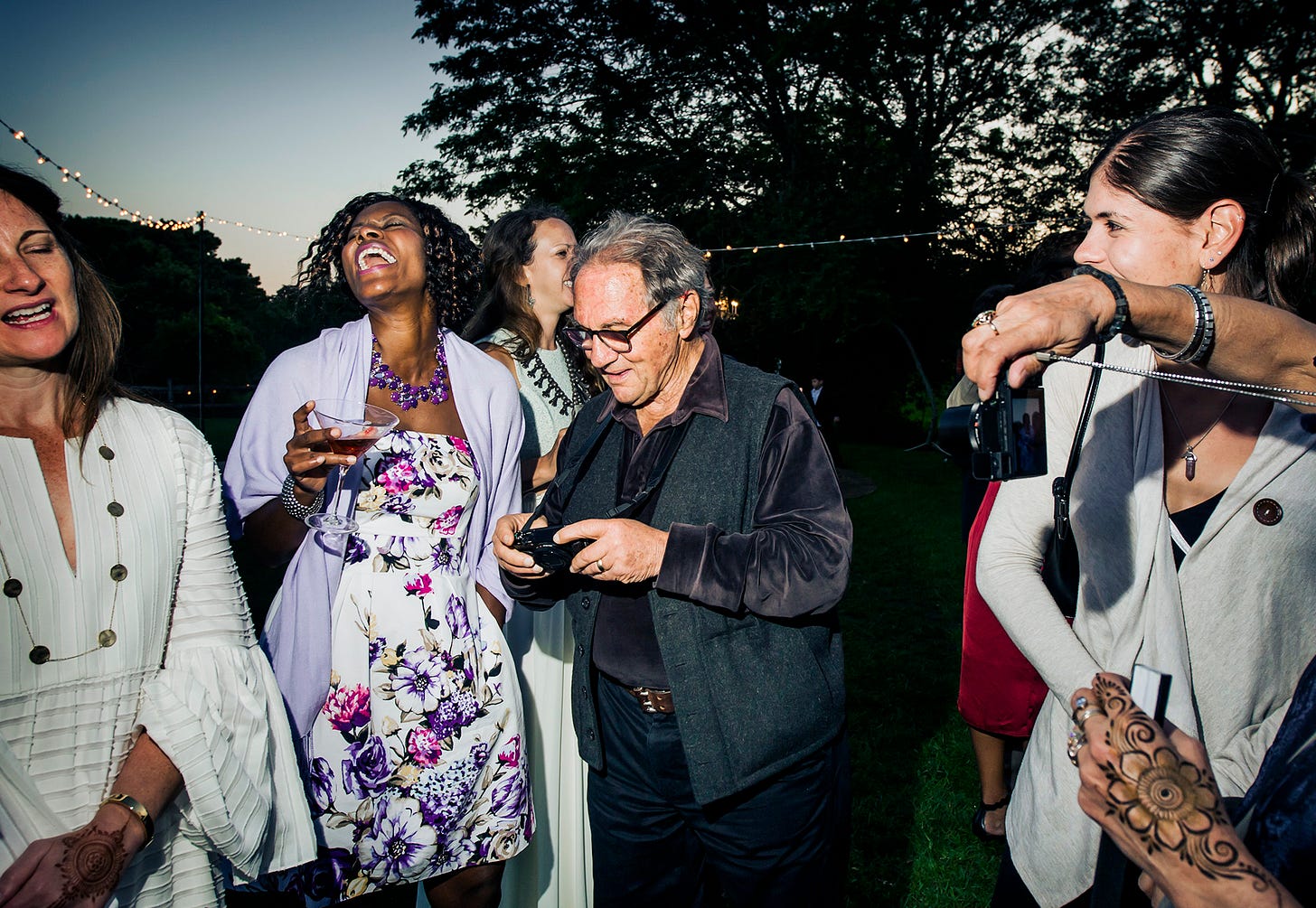
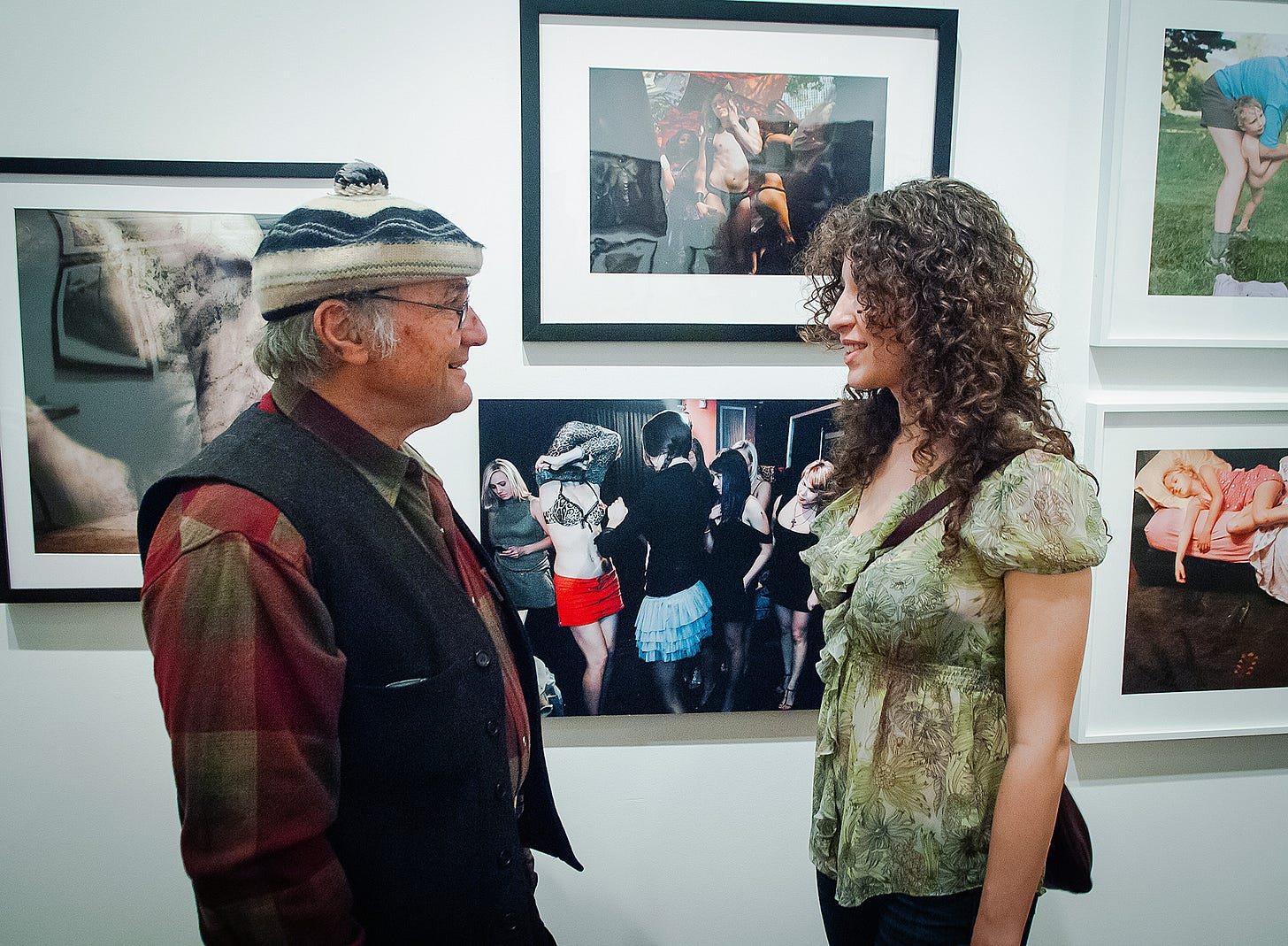

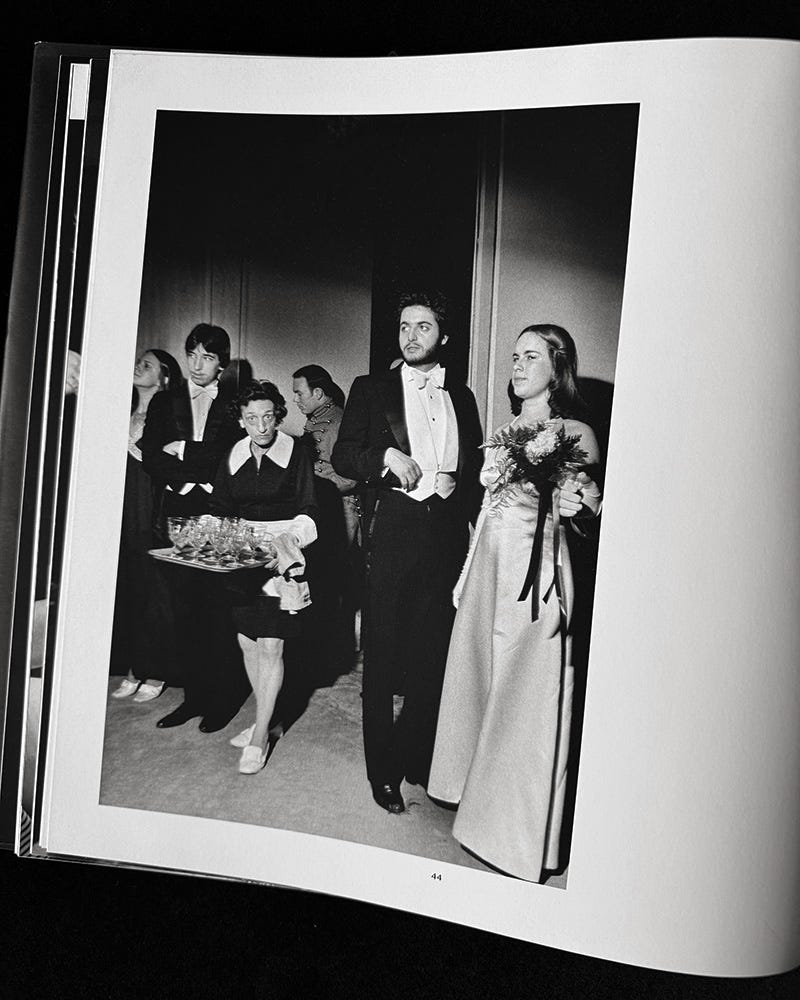
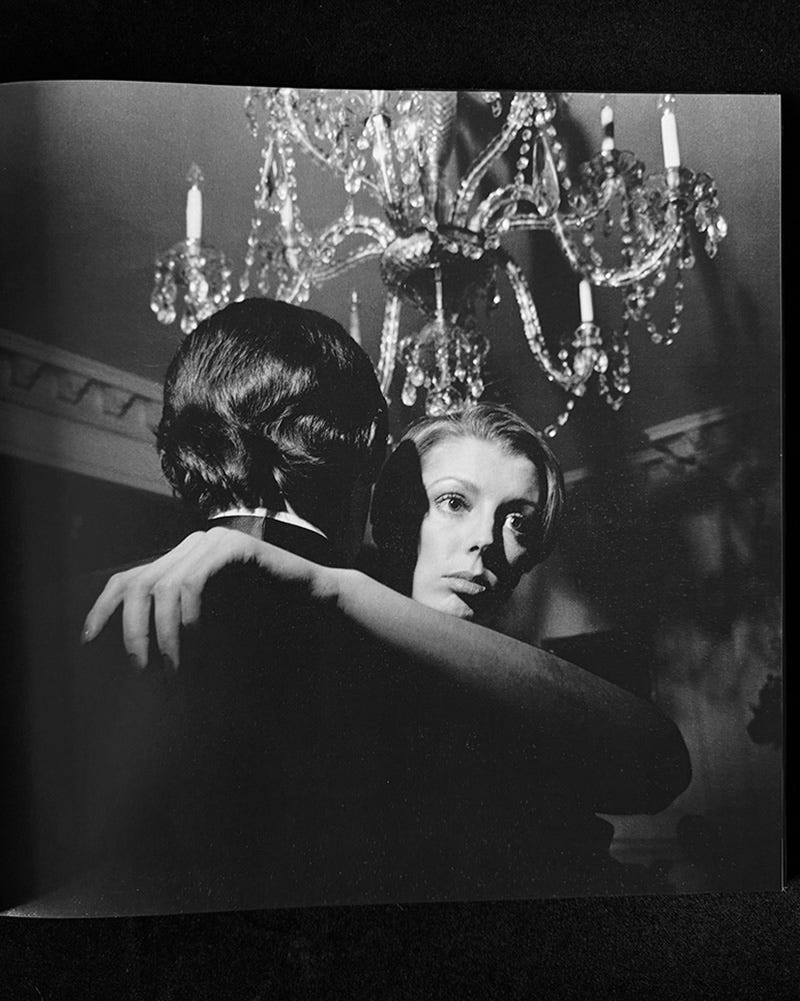

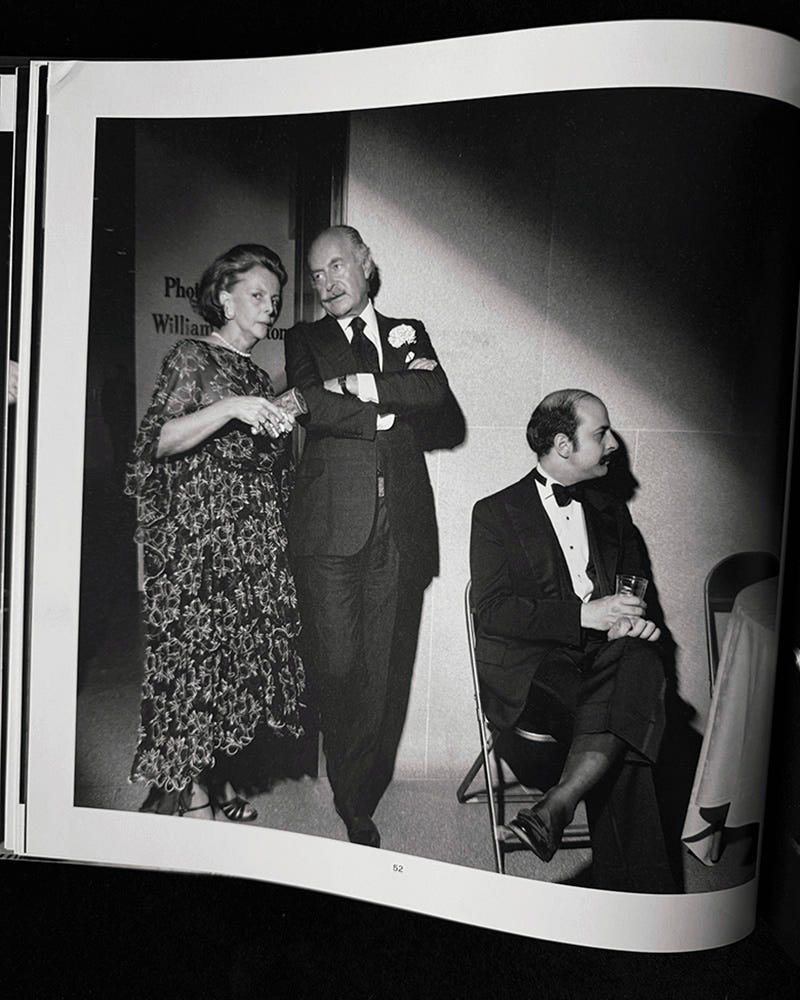
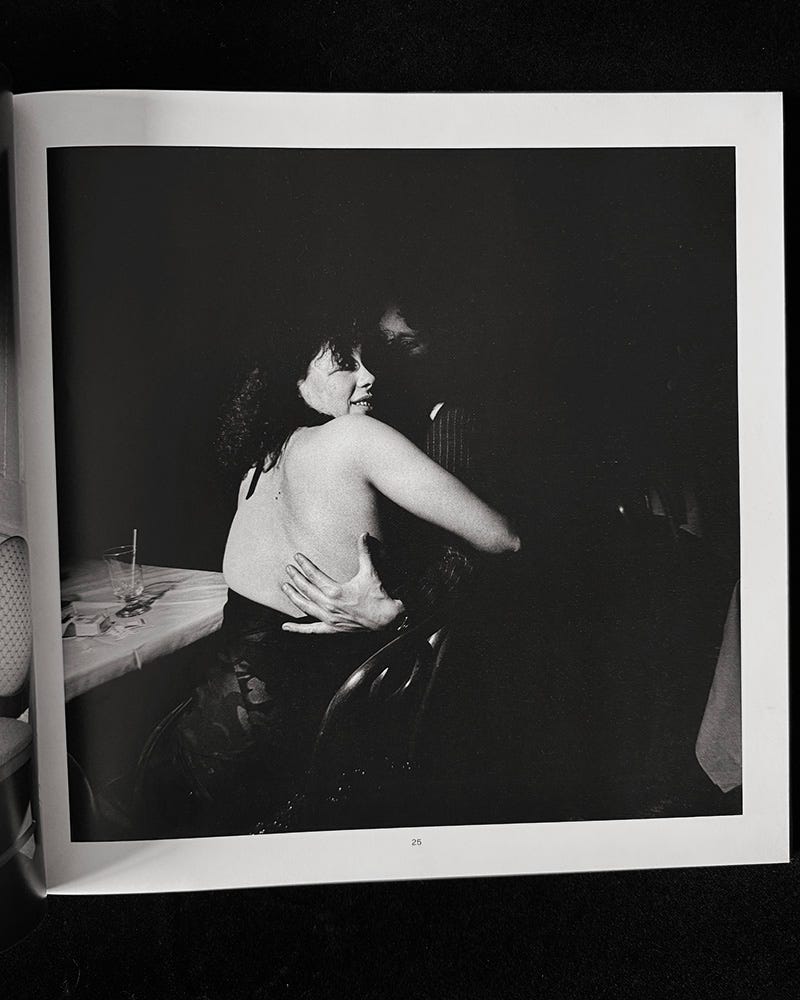
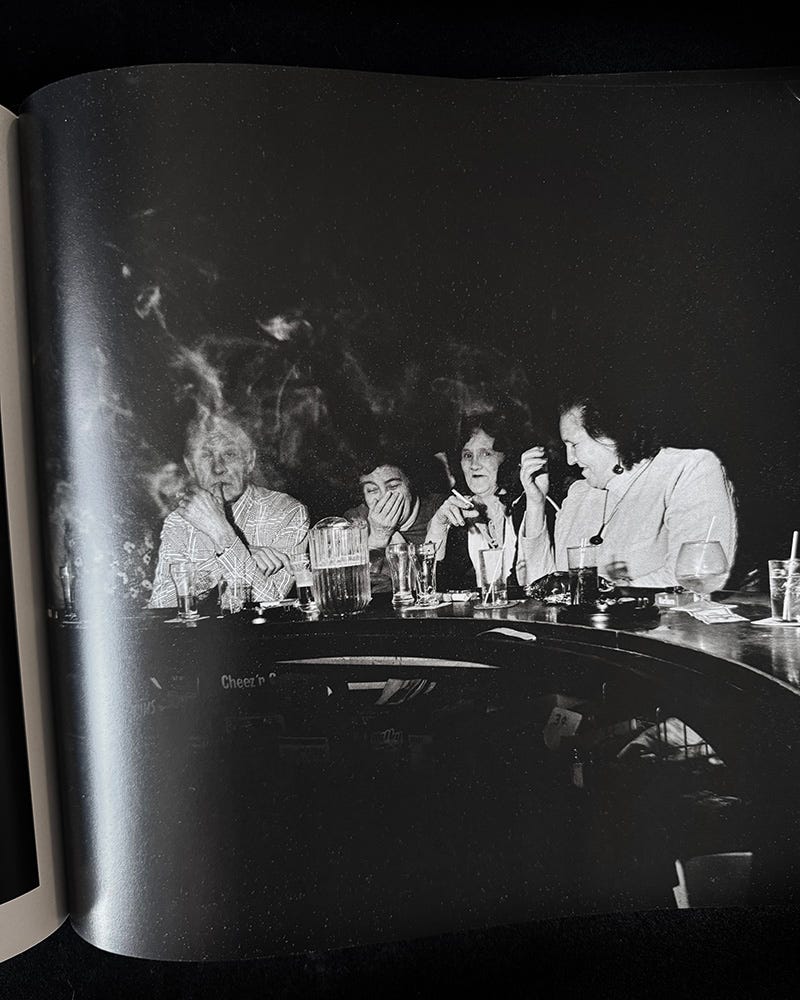
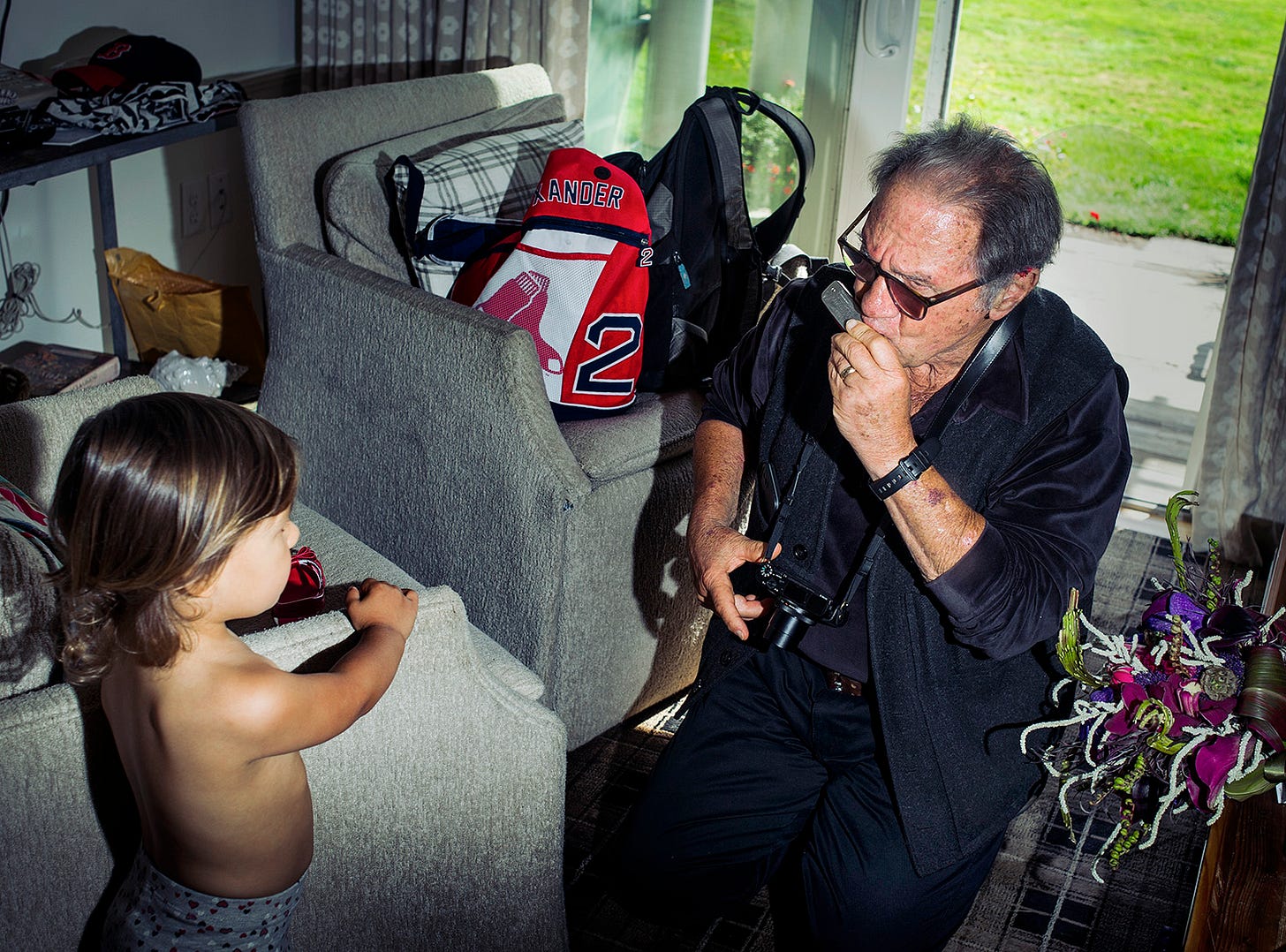
Some real gems in there: "Every moment of our life, we get left behind. Let's put it that way."
He sounded at peace with his life and with whatever was in the cards. A lovely read. Thank you.
Dina, This is amazing. How incredibly fortunate you were to do this. The cosmos anointed you. You managed a kind of eulogy without knowing it. Brief anecdote: after I did a documentary project at the 2017 Women's March & Inauguration protests myself, I came across his own limited ed. book on the March, "The Outpouring," which is autographed. What an education it was comparing his images to mine. I emailed him with a question and he responded! His work and yours inspire me. I could not attend your last workshop, I hope you have another. If not, I'm going to arrange a private tutorial day with you! You admit to moments of doubt/lack of self confidence. Ha! Forget that. Thanks, for this. @danzigcom